Four Popular Myths and Misconceptions About Chinese Cars
Expert survey dispels myths about Chinese cars. We examine the main myths and real shortcomings.
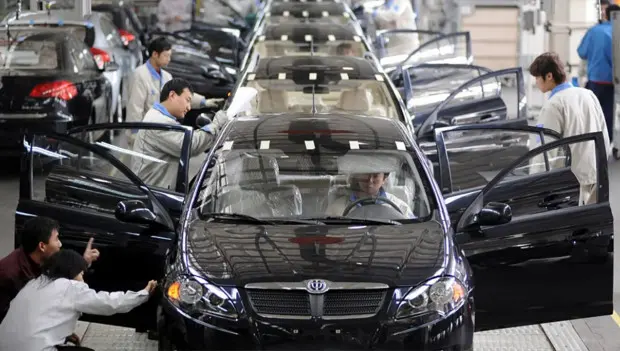
Recently, a major analytical agency published the results of a recent survey of citizens about the quality of Chinese automotive products. It is hardly a revelation that people traditionally have diverse opinions about Chinese cars.
The survey is interesting in that it primarily involved market participants – professionals from the automotive business world – rather than ordinary motorists. As one might guess, these citizens are a bit more informed about market conditions than the average person.
Expensive and Quickly Depreciate – More Likely True
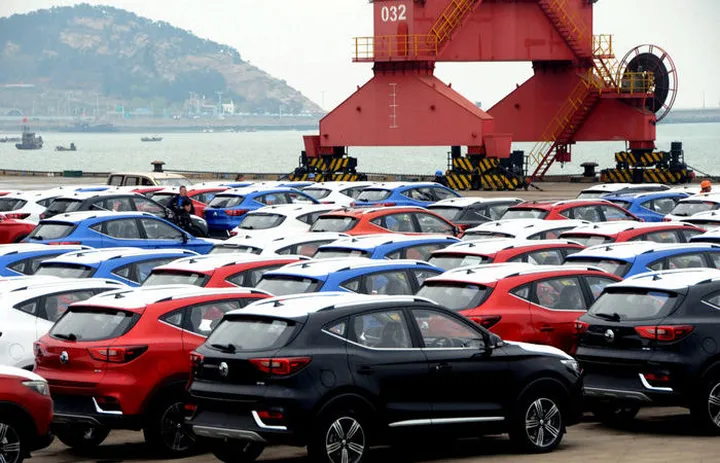
Both statements are exclusively popular myths about Chinese cars. However, experts believe these two stereotypes sound the most convincing and likely. About 62% of surveyed market participants think that Chinese brands are indeed sold at a premium compared to their home market prices. In some cases, the price difference may be between two to three times.
Fewer experts believe that Chinese cars quickly depreciate after purchase. Nonetheless, at least 44% of those surveyed shared this opinion. The figures of 62% and 44% are still insufficient for an unambiguous statement like "more yes than no." However, these high numbers necessitate considering these claims seriously when making a purchase decision.
Rust Quickly, Fall Apart and Break Down – Half-True
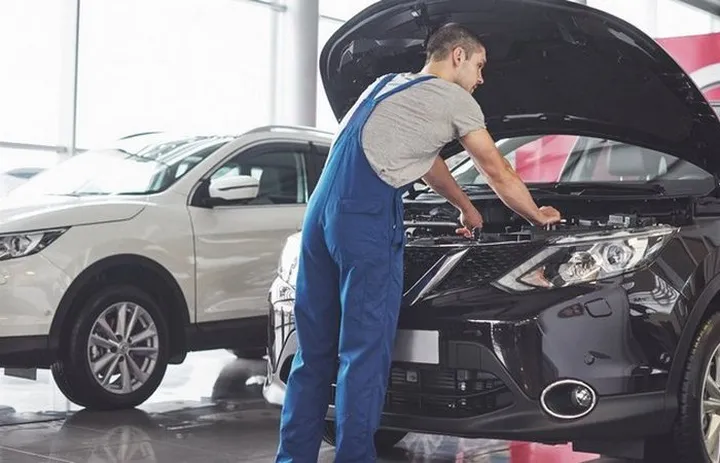
About 31% of surveyed specialists mentioned that when repairing Chinese cars, there are issues with spare parts, increasing the cost of repairs. Around 29% of market participants complained about unreliable electronics and electrical systems in Chinese cars. Finally, 26% of experts lamented the poor quality of Chinese bodies, rust, and overall "flimsiness" of foreign cars from China.
Thus, the expert community's attitude towards the quality of Chinese products is complex. It seems that much depends on the contract brand and model range. On the one hand, figures of 25-35% do not allow for categorically labeling Chinese cars as junk. On the other, a quarter of discontented voices is still a serious indicator.
Smelly Plastic and Unsafe – Myth
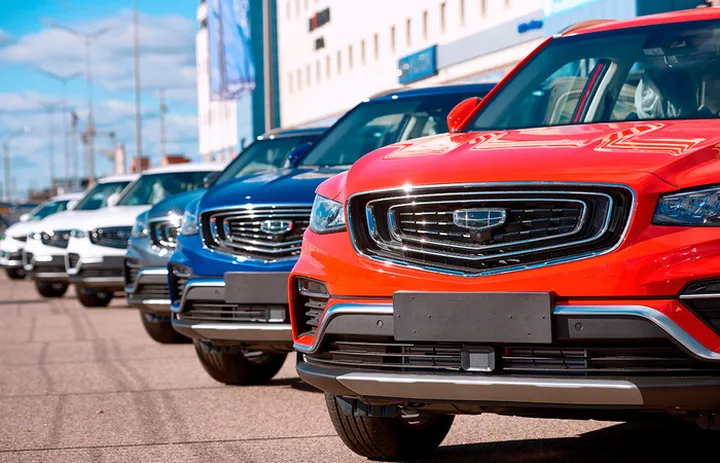
There are many stories among motorists that Chinese cars supposedly do not pass crash tests or meet declared safety standards. However, survey data shows that the expert community is skeptical about such claims. Only 13% of those surveyed agree that "Chinese cars" are blatantly unsafe. Moreover, experts think these rumors are often the result of "black PR" from competing Chinese car brands themselves.
The same situation applies to opinions about plastic quality. It is widely believed that Chinese car interiors often smell bad and squeak due to cheap plastic. Yet, this opinion is not shared by most specialists. Only 10% of those surveyed agreed with it, again suggesting the stereotype may have been perpetuated by the Chinese business itself.
Chinese Cars Are No Worse Than Any Others – Myth
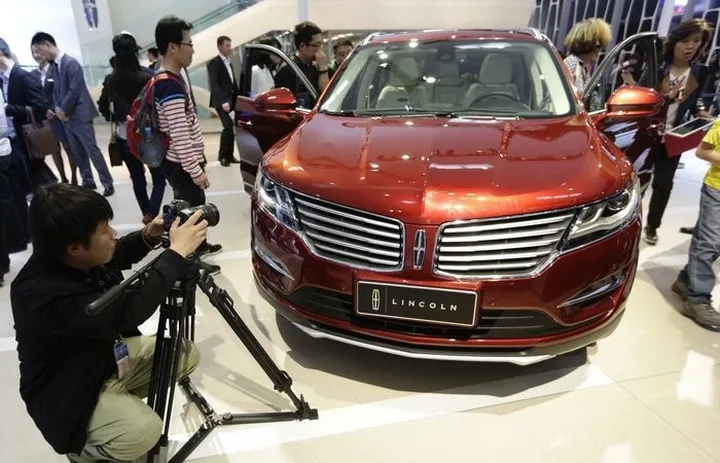
Finally, one of the most interesting questions in the study considers the claim that Chinese automotive products are on par with global automotive standards and that all mentioned issues are myths. Unfortunately, experts do not share this view. Only 10% of respondents are ready to accept that Chinese products stand alongside cars from Europe, South Korea, and Japan.
Such a low number of votes in this matter aligns well with numerous surveys on ordinary motorists' attitudes toward Chinese cars. In recent years, motorists have repeatedly illustrated the same view, succinctly described as: "tolerable enough, but given a chance, I would return to a familiar foreign car."
You may also be interested in the news:
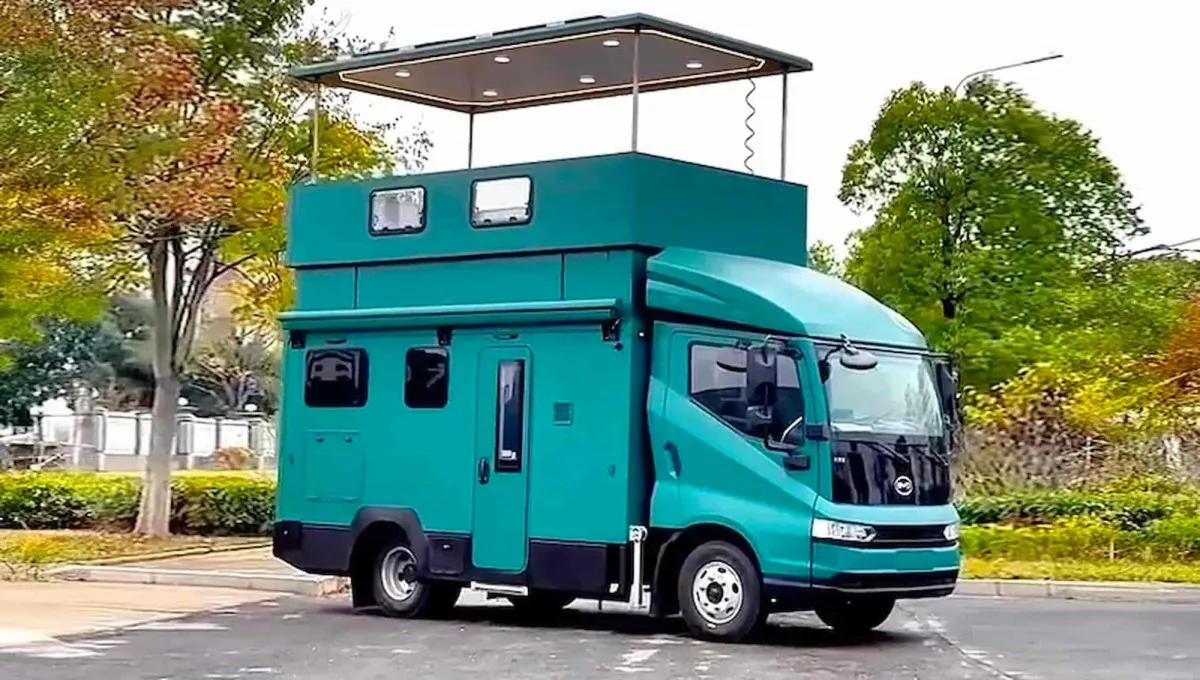
Two-Story House on Wheels with a Unique Living Area
A new double-decker RV with a rooftop terrace — and a surprisingly attractive price tag.

Six of the Most Resale-Friendly Non-American Crossovers Popular on the U.S. Market
The crossovers with the strongest resale value in today’s American market.
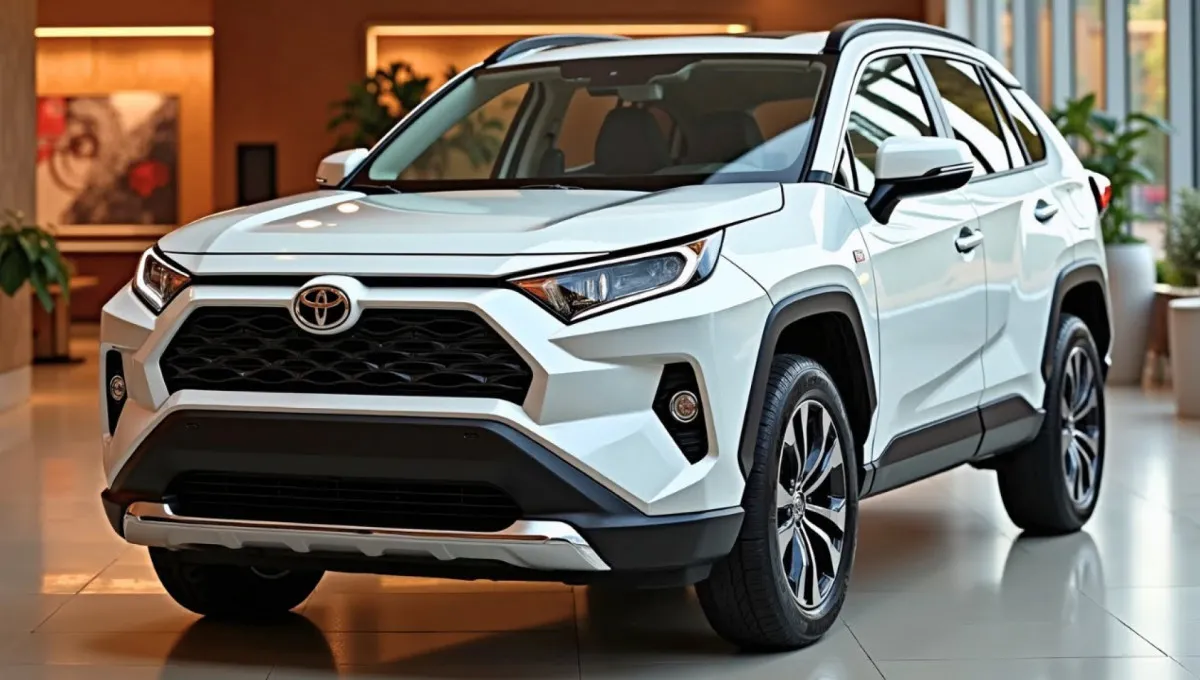
Built to Last Until Retirement: Experts Name the Most Reliable Car Brand
Japanese automakers continue to dominate the rankings for the most reliable new vehicles.
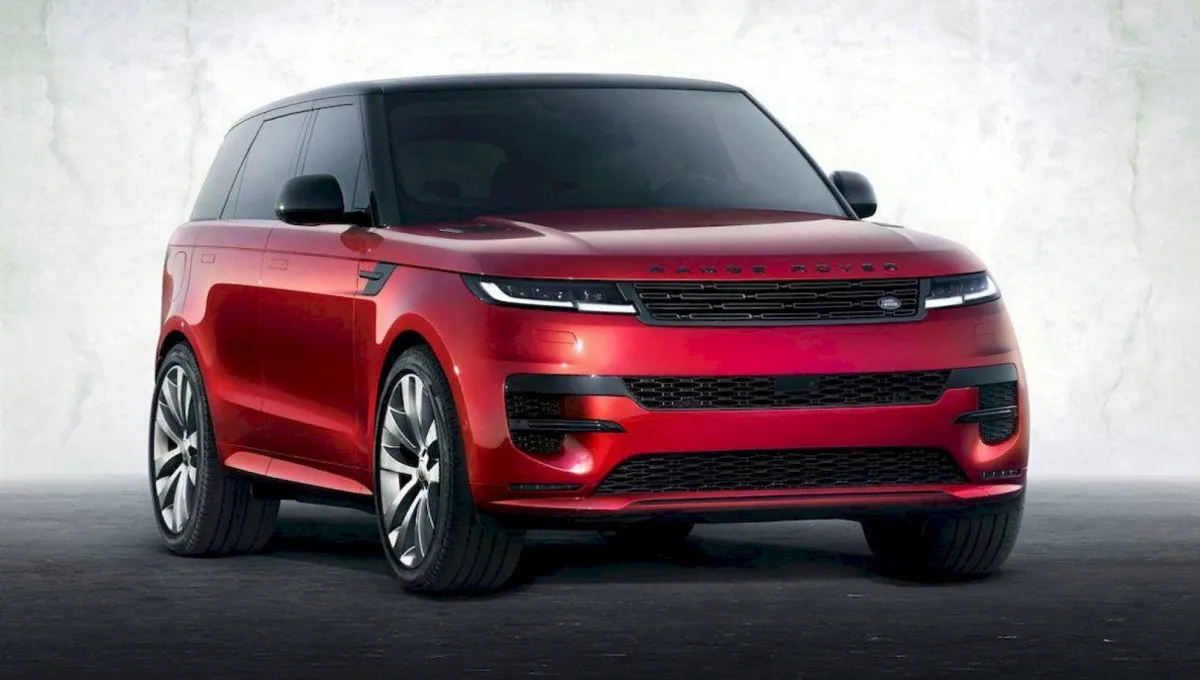
“Offers Exceptional Sophistication”: The Best Luxury SUV of 2026 Has Been Named
Despite its size, this SUV remains surprisingly agile.
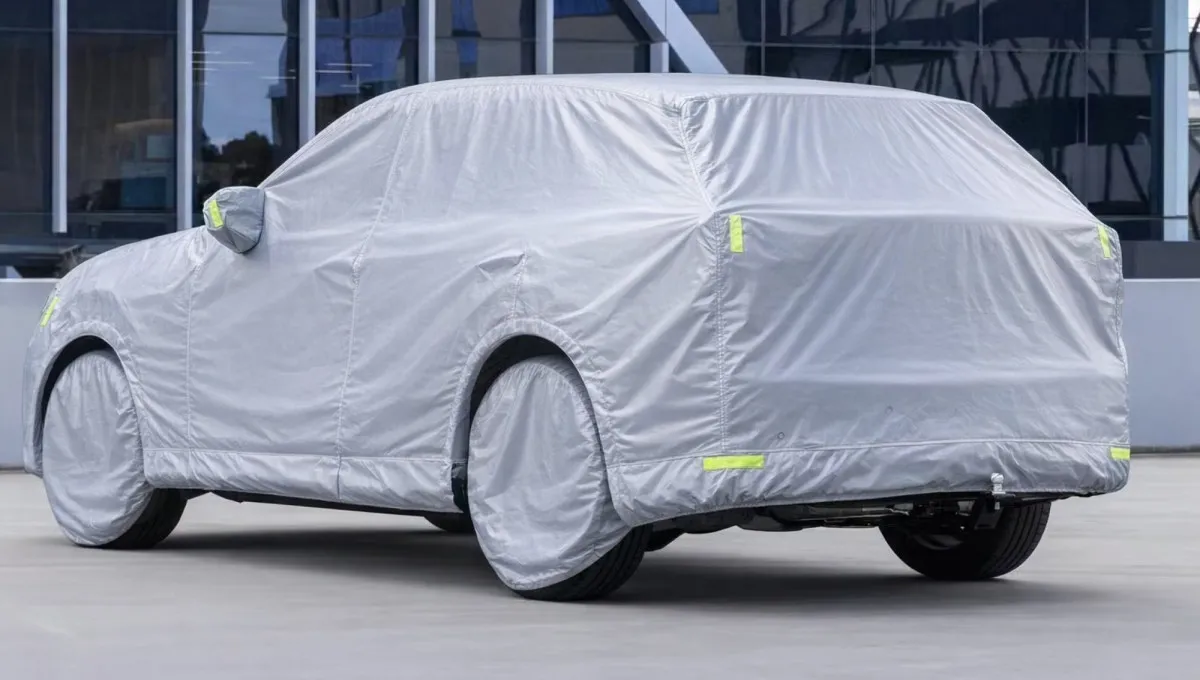
There Are Better Options: Experts Name 6 SUVs to Avoid
Specialists criticized these new SUVs for several notable flaws.